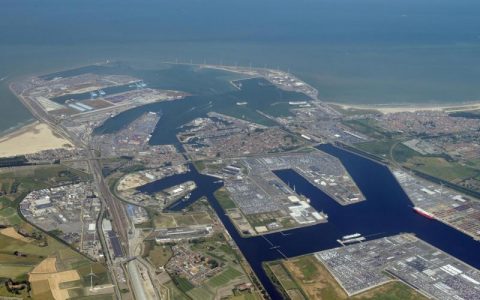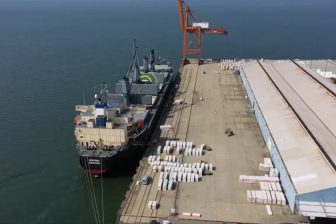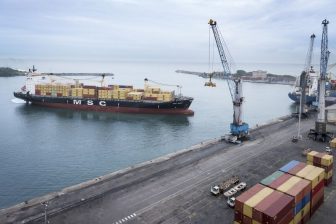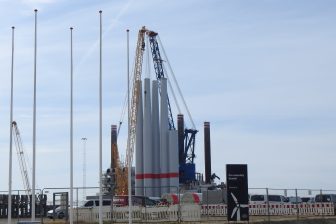
Ports of Antwerp and Zeebrugge restart merger negotiations
The ports of Antwerp and Zeebrugge have restarted merger negotiations. Previous talks stranded in April as Antwerp wanted all mandates and boards to be divided proportionally, which would mean Zeebrugge would hardly have a say in its own future anymore.
A recent study by Deloitte and Laga concluded that a merger would benefit both ports as they complement each other well and they share the same external challenges. Jointly, the ports would be more robust, gain a better position internationally and be able to tackle challenges like scale increases, energy transition and digitization more efficiently. The study also noted that clients of both ports are in support of a merger.
The ports have been talking about a merger since 2018 but thus far, the negotiations have not been going smoothly. In April this year, the chairman of the board of Port of Zeebrugge, Dirk De fauw, told Belgian media he questioned if the port should put its trust in a partner “who merely thinks of our port as a parking?” De fauw also resented that Antwerp wants all mandates and boards to be divided proportionally which would mean Zeebrugge, which is six times smaller that Antwerp, would hardly have a say in its own future.
Citing growing trust and the positive findings of the merger study, however, De fauw now says he is ready to begin formal negotiations with Port of Antwerp.
“We’ve been in talks with Port of Antwerp for a while to see how we can work closely together to bolster each other’s ports. The ambition of both boards is to create a future proof ‘main port from A to Z’. Based on growing trust and the positive findings of the report, we will start formal talks with our colleagues from Antwerp”, the chairman said.
Annick de Ridder, the representative of Port of Antwerp, added: “We are starting formal merger negotiations because we believe that, together, we can bolster our throughput, bind industries to our ports more effectively and become the gateway to Europe, even more so than we are today.”



